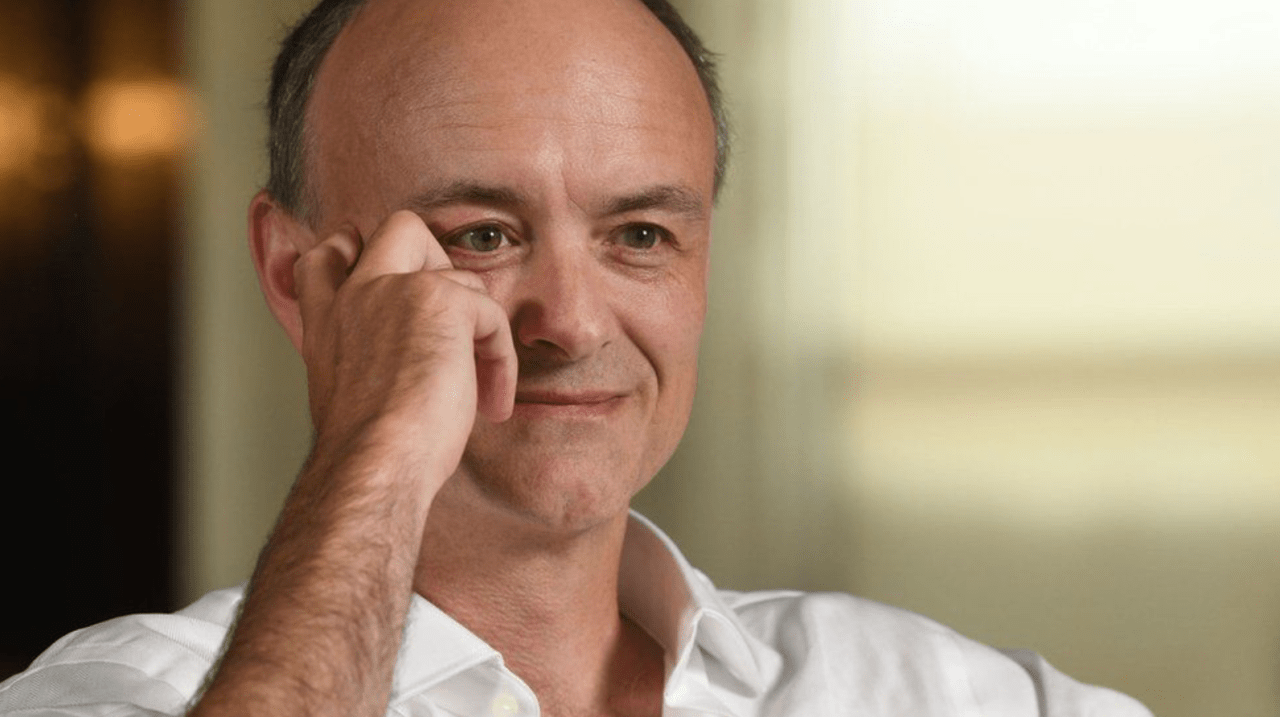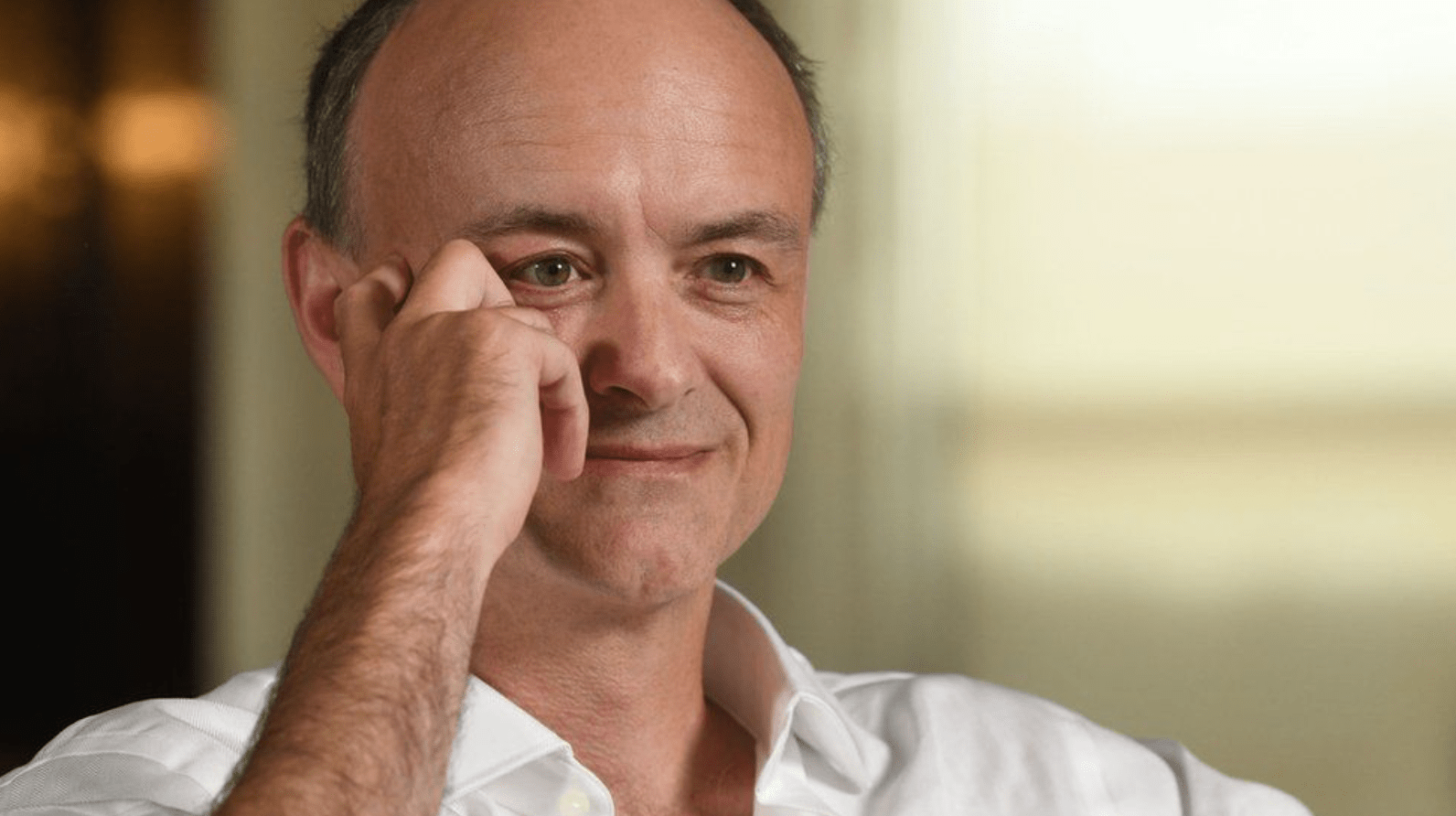Anyone who thinks Boris Johnson lacks statecraft should pay attention to Dominic Cummings’s attacks on him. They often to seem to show the opposite of what Dom intends. Cummings now reveals that, in January 2020, he and his allies were saying: ‘By the summer, either we’ll all have gone from here or we’ll be in the process of trying to get rid of [Johnson] and get someone else in as prime minister.’ In fact, neither happened. By November, however, Cummings was (to use Mr Pooter’s joke) going; Boris stayed. The winner of the then still recent landslide election victory presumably discovered his adviser’s seditious conversations and, reasonably, did not like them. He thought he should be more powerful than his adviser and so, when the moment was right, he got rid of him, proving that he was.
The visionary Cummings tends to see only one right path; he does not see that a prime minister’s job is not like that
Cummings also quotes his boss as saying in October that ‘We can’t kill the economy just because of people dying over 80’. I think this revelation is intended to shock us, but should it? The visionary Cummings tends to see only one right path; he does not see that a prime minister’s job is not like that. The PM, to an extent unique in government, must weigh up competing claims before deciding. To clarify his thoughts, he may express them luridly, in private, to his trusted advisers (with a reasonable expectation — disappointed in this case — that they should not be revealed a few months later) in order to test their validity. The claims of the economic and psychological health of the great majority should weigh strongly against the danger that thousands of octogenarians will die slightly earlier than would otherwise have been the case. So Boris was not being casual or callous: he was thinking out loud. In the end, he decided to protect the vulnerable at massive cost to everyone else. Given the need to maintain public confidence at a time when no vaccine was available, I think (though not very confidently) that he was right to do so. But he would be much more unfit to be prime minister if counter-thoughts had never entered his head.
Again, we are invited to think that the man is a danger to society because, Cummings tells us, Boris proposed to see the Queen for his weekly audience just when Covid got going. Two points occur: 1. Presumably the Queen and her private secretary are capable of forming their own views on such matters, so the First Lord of her Treasury would not just have strolled in, spreading the virus without warning. 2. Boris didn’t go to see the Queen; he listened to Dom’s wise advice. So what’s the problem?
This article is an extract from Charles Moore’s Spectator Notes, which appears in the forthcoming issue of the magazine.








Comments